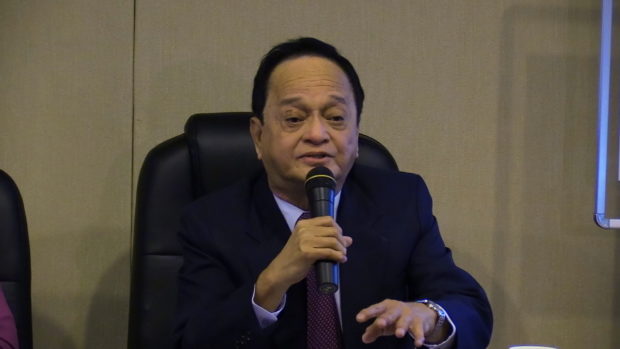‘Balimbings’ among partylists high on Con-com subpanel’s crackdown agenda
A sub-committee of the Consultative Committee (Con-com) is eyeing a crackdown on political turncoats, colloquially known as “balimbing,” among party-lists in Congress.
Former Supreme Court Associate Justice Antonio Nachura, chair of the sub-committee on structure of the government, said that political turncoats from party-lists would immediately be dropped from the House of Representatives.
Nachura said this was included in their proposal to have winning political parties appoint and remove lawmakers.
Should their nominees switch political parties, the former magistrate said that they would be removed from Congress since it was their respective political parties who appointed them to the position.
“If you switch political parties lang, if you’re an incumbent already, na-appoint ka na, kasama ka sa proportional representation list, nandun ka na and you switch political parties, automatically you will be dropped as member of the House of Representatives for changing political parties,” Nachura said.
“Remember, it is a political party that names you as congressman, so pag umalis ka, tanggal ka rin sa Congress,” he said.
Nachura said that if lawmakers appointed political parties intend to leave, they should either stay on until the party’s term expires or be dropped from the House.
“You have to stay member of the political party until your term expires. Because at the end of your term if you choose to leave the party, hindi ka na ma-aappoint, the party will no longer choose you for any of these positions,” he said.
Under the proposed articles for the legislative branch, Nachura said that the House of Representatives would be composed of representatives elected by districts, as well as registered national, regional and sectoral parties.
The former magistrate said elected representatives would make 60 percent of the House, while winning parties would compose 40 percent.
In addition, sectoral parties would be limited to the following disadvantaged sectors: labor, peasants, fisherfolk, indigenous people and urban poor./ac
